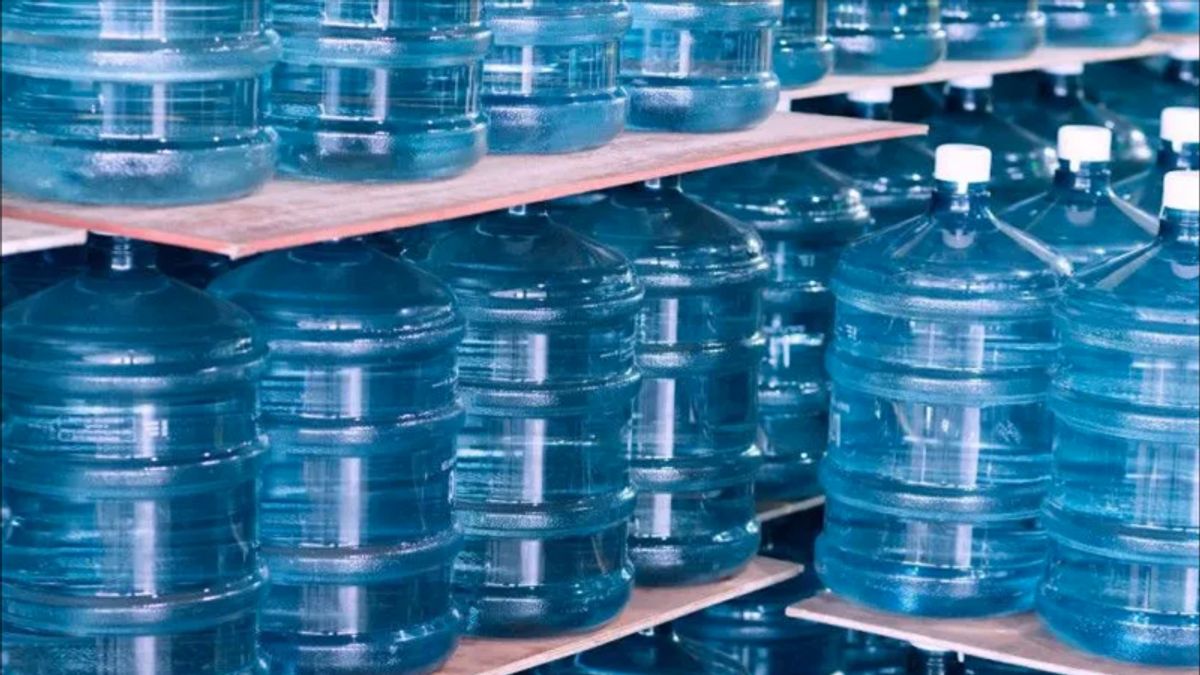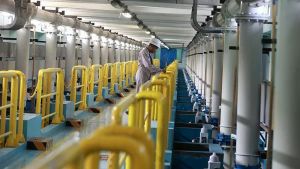JAKARTA - Researcher and lecturer at the Department of Chemicals at the University of Indonesia (UI) Dr rer nat Agustino Zulys said that until now there has not been a single study that proves that bottled water from gallons made from polycarbonates is dangerous for health.
<quo; For research related to health, there is no such thing. Even if there is, no one has concluded that it is dangerous,” Agustino said in Jakarta, quoted from Antara, Sunday, October 9.
According to Agus, to examine the migration of the BPA from packaging into the water, the analysis must really use tools that are quite sensitive and accurate or valid.
<quo; Just like microplastics, in Indonesia there is no reference standard on how much is allowed and how to identify the BPA. So, this is still in research that the BPA exists in gallons of polycarbonate, he added.
The reference for BPA migration used by BPOM is currently only a reference from abroad. However, the methodology used is not yet standard between one country and another.
“ In each country, what are the threshold limits and the methods are different. So, research on BPA migration is not like routine research, such as iron levels, PH levels, and others that are already standardized,” he said.
Agus said that actually when it comes to BPA in AMDK, the gallon of polycarbonate cannot be legally said to be dangerous or not. This is because there is no reference in Indonesia either.
<quo; So far, the BPA has not been able to say that bottled water for gallons of polycarbonate is dangerous or not, because there is no standard yet,” he said.
Therefore, independent research is needed that can provide a more complete picture, both qualitatively and quantitatively related to the migration of the BPA into gallons of polycarbonate.
In addition, from the regulator, the government and institutions that regulate BPA migration also need to make a kind of guide for the standard BPA inspection process.
<quo;So, whoever researches the migration of the BPA will get results that are not much different, ” he explained.
Regarding the possibility that the BPA will also migrate in room temperature, he said, further research should be taken on how the mechanism for releasing it.
The English, Chinese, Japanese, Arabic, and French versions are automatically generated by the AI. So there may still be inaccuracies in translating, please always see Indonesian as our main language. (system supported by DigitalSiber.id)
Most Popular Tags
#Prabowo Subianto #New Year #Syria #nataru #NatalPopular
19 Desember 2024, 07:06
19 Desember 2024, 00:04
19 Desember 2024, 05:00
19 Desember 2024, 07:00













